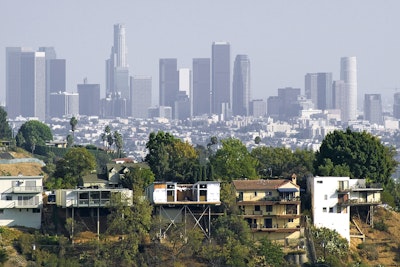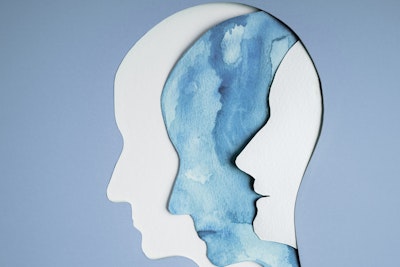The Neuroscience of Poverty
Setup
Poverty is a powerful stressor that influences growth and development in children, and physical and mental health throughout adulthood. Science and imaging technology are making its impact visible, demonstrating how the socioeconomic disparities that flow from historical injustice alter brain structures. We’re also learning that social capital can be a protective layer against the health effects of poverty, even as the gap widens between those who can access it and those who cannot. What does neuroscience tell us about poverty’s impact? How can we better use social capital and other tools to prevent or reverse the effects?
Explore More
Health

Capitalism has delivered prosperity for many, but not for all. Disparities according to gender, race, and geography have left millions behind, while rising concentrations of w...


The quest for work-life balance is never ending for many of us. The advice in this talk from the 2023 Aspen Ideas Festival still holds a lot of relevance, so we’re bringing it...


While the workforce continues to evolve in response to economic shifts and technological advancements, one thing is certain — the traditional blueprints for education and the...


The rapid development of the Covid-19 vaccine and the ramp-up of manufacturing and global distribution were unprecedented feats of medical coordination. But those on the insid...

Entrepreneurs view the world differently. Where others see challenges, they see opportunities. They’re a group of self-starters and strivers with the courage to take big risks...

Since 2014, Aspen Ideas: Health has welcomed nearly 800 inspiring women leaders to our stages to share their bold approaches to better health. In honor of Women's History Mont...

Global conflicts and health crises have put into stark relief deeply-ingrained gender roles in society. Yet the past years have also seen record-high numbers of women running...


Creativity is as intrinsic to our species as any of our basic instincts, says Debbie Millman, designer and curator. But for millions of people in the United States, the abilit...


Advances in medicine and healthy living mean that more and more people will live to be 100. But just because their bodies can last doesn’t mean their bank accounts will keep u...

Our attitudes, habits, pleasures, and responsibilities shift across the generations, influencing the health challenges we face and how we respond to them. Expectations about h...

Of course, Black history shouldn’t just be a month-long nod on our yearly calendar — it is inextricable from American history and fundamental to the very soul of our nation an...

Setting audacious goals helps to redefine what is achievable in health, medicine, and science. As we deepen understanding of the human genome, unravel the mysteries of the bra...

As we wrap-up another year of elevating big ideas at Aspen Ideas: Health, we're excited to share the 15 most-watched sessions from the event. These conversations with inspirin...


Many more Americans are struggling to survive and make ends meet than is typically portrayed in the media and public policy debates. And when poverty is depicted, harmful and...

In America, millions of people struggle with mental health including depression, anxiety, and more — all further exacerbated by living through a pandemic. The National Allianc...


America’s “second founding” came on the heels of the Civil War, when the architects of the 13th, 14th and 15th amendments thought long and hard about how to enshrine civil rig...

The United States spends $4.3 trillion—almost one fifth of the nation’s GDP—on health care. As the scale of the medical enterprise expands, venture capitalists are pursuing th...

Today's kids are coming of age against a backdrop of political, social, technological and economic upheaval. While these circumstances are shaping a precocious generation that...

Advocates, healthcare providers, legislators, researchers, and venture capitalists are bringing the unique health needs of women to light – from vigorous policy debates on iss...

From the debate over reproductive rights to the epidemic of gun violence to the youth mental health crisis, this year's Aspen Ideas: Health sessions tackled many of today's mo...









